
Understanding Authentication Protocols: A Comprehensive Overview
Introduction
In the modern landscape of digital security, authentication protocols play a crucial role in ensuring that only authorized users gain access to sensitive systems and data. As cyber threats continue to evolve, the relevance of robust authentication measures has never been more critical. This article offers a thorough exploration of authentication protocols, including their types, mechanisms, importance, challenges, and industry applications.
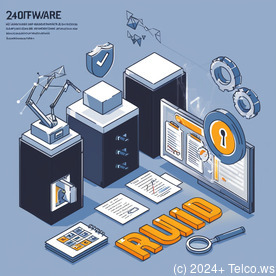


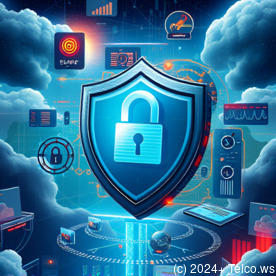
What Are Authentication Protocols?
Authentication protocols are sets of rules and processes that facilitate the validation of a user's identity when trying to access a system. They are vital for safeguarding sensitive data — from personal information to corporate secrets — by ensuring that access is granted only to legitimate users.



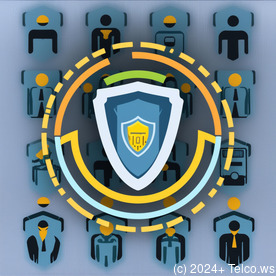
Key Functions of Authentication Protocols
- User Identity Verification: The primary function is to verify that the user is who they claim to be.
- Access Control: Authentication ensures that only authorized individuals can access specific resources.
- Data Integrity and Confidentiality: Many protocols not only verify user identity but also secure data during transmission.




Types of Authentication Protocols
- Something You Know (Knowledge-Based):
- Password and PINs: The most common form of authentication where users provide a secret password.
- Security Questions: Users answer questions based on personal information.
- Something You Have (Possession-Based):
- Security Tokens: Devices that generate a one-time code, often used for Two-Factor Authentication (2FA).
- Smart Cards: Physical cards that store authentication credentials.
- Mobile Authentication Apps: Apps like Google Authenticator generate time-sensitive codes.
- Something You Are (Biometric-Based):
- Fingerprint Scanning: Common in smartphones for user verification.
- Facial Recognition: Uses computer vision techniques for identification.
- Voice Recognition: Utilizes unique vocal characteristics for identification.




Authentication Protocol Mechanisms
The effectiveness of an authentication protocol relies on its underlying mechanisms. Common mechanisms include:
- Challenge-Response Mechanism: A server sends a unique challenge, and users must provide a correct response.
- Hash Functions: Cryptographic hash functions create a unique representation of passwords.
- Digital Signatures: Authenticate the sender's identity and ensure data integrity using asymmetric cryptography.
- Public Key Infrastructure (PKI): Supports the creation of digital certificates for secure communication and verification.



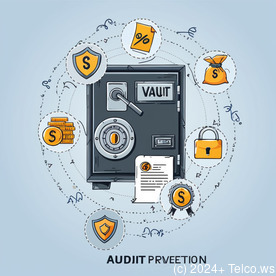
Importance of Authentication Protocols
Authentication protocols serve multiple critical functions in today’s digital world:
- Protecting Sensitive Data: Integral in preventing unauthorized access to confidential information.
- Building Trust: Secure authentication fosters trust between users and service providers.
- Regulatory Compliance: Many industries require adherence to specific authentication standards to comply with data protection regulations.
- Mitigation of Fraud: Strong measures can significantly reduce the risk of identity theft and fraudulent activities.




Challenges in Authentication Protocols
- Security of Passwords: Many users opt for weak passwords, making systems vulnerable.
- Usability vs. Security: Balancing user convenience with stringent security can be challenging.
- Phishing Attacks: Sophisticated phishing attacks deceive users into revealing credentials.
- Managing Multiple Protocols: In enterprise environments, inconsistencies in managing protocols can lead to security gaps.

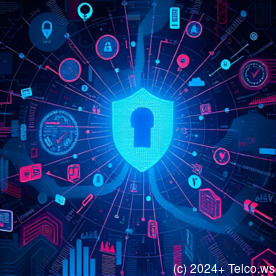


Industry Applications of Authentication Protocols
- Finance: Banks use robust multi-factor authentication to protect online transactions.
- Healthcare: Healthcare systems employ biometric-based authentication for secure access to patient records.
- E-Commerce: E-commerce platforms implement layered authentication for transaction security.
- Corporate Systems: Enterprises use a variety of authentication protocols to enforce access controls.




Conclusion: The Future of Authentication Protocols
As technology continues to advance, so will the complexity of cyber threats. The future of authentication protocols lies in the convergence of various technologies, including artificial intelligence, biometrics, and behavioral analysis, to create adaptive security measures that respond in real-time to potential threats.

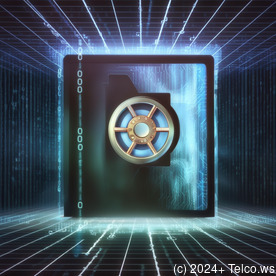


Your Trusted Partner in Authentication Protocols
If you’re seeking reliable authentication solutions to enhance your security, look no further. We offer a comprehensive authentication solutions package designed by industry experts to safeguard your data.
Interested in buying? As stated, the price for our Authentication Solutions is $750. Please proceed to our Checkout Gateway and use our Payment Processor to pay the indicated amount of $750 in favor of our Company, following the instructions. Once you have paid, please contact us via email, phone, or site with the payment receipt and your details to arrange the Authentication Solutions Service. Thanks for your patronage!
